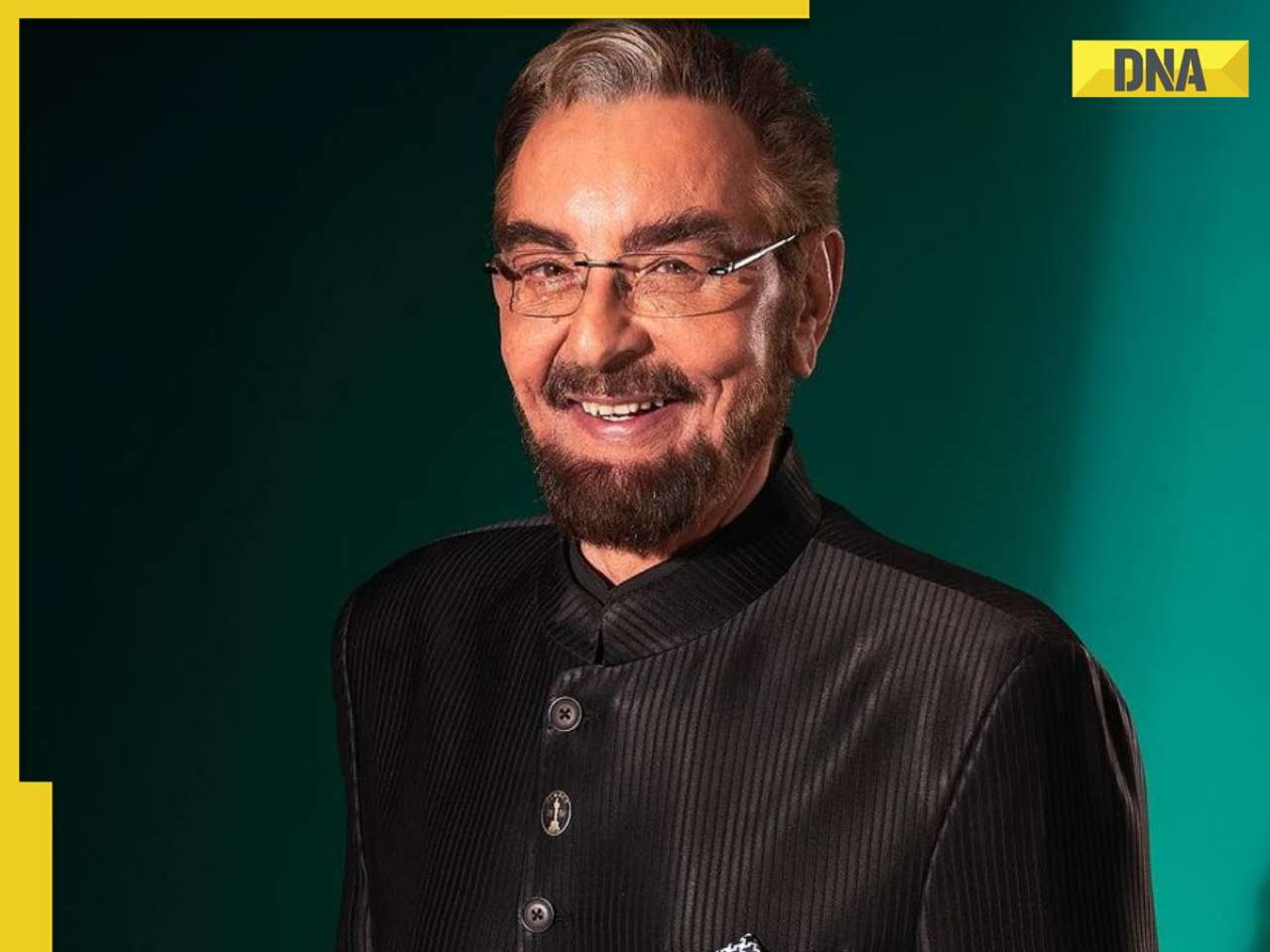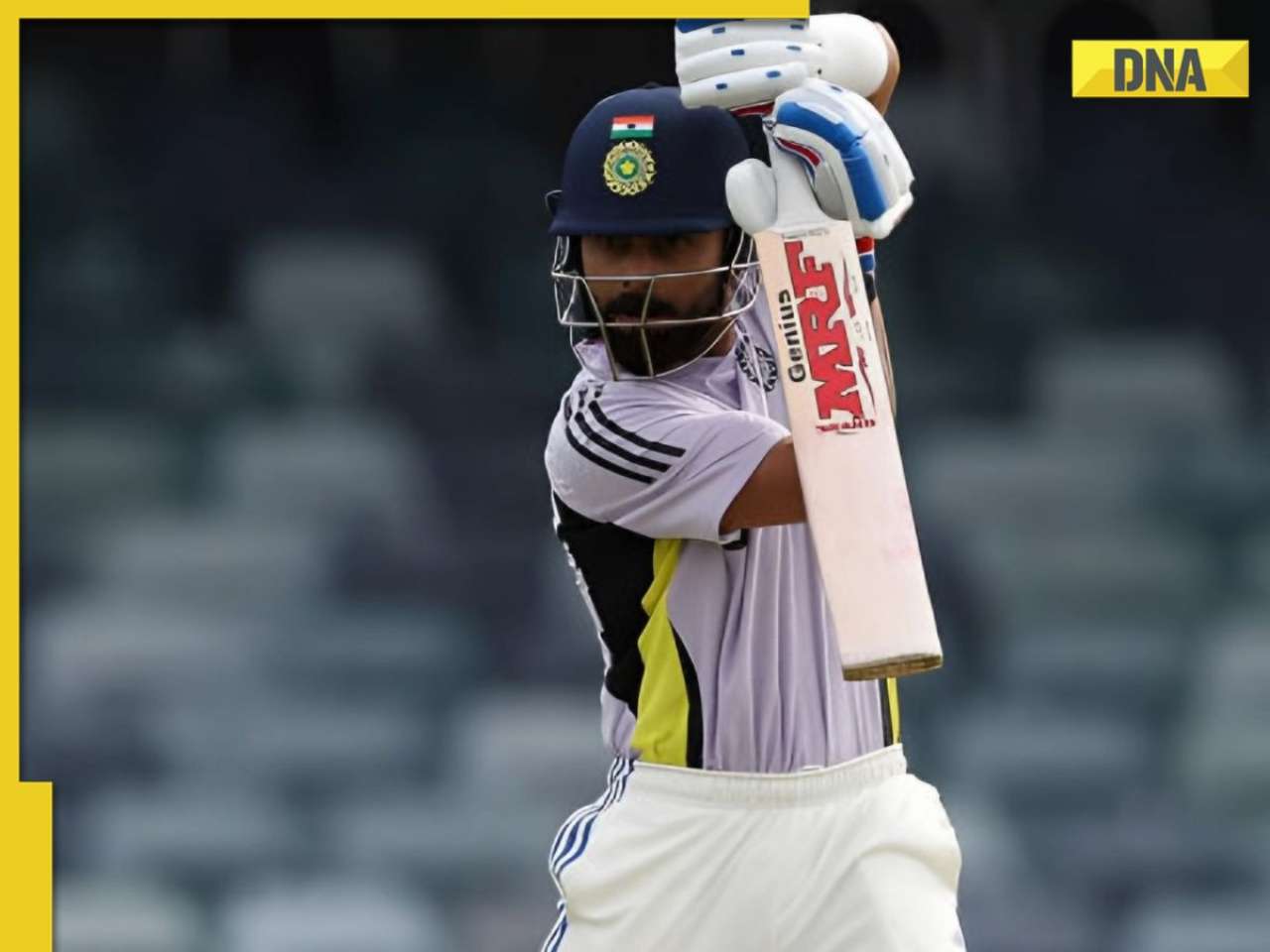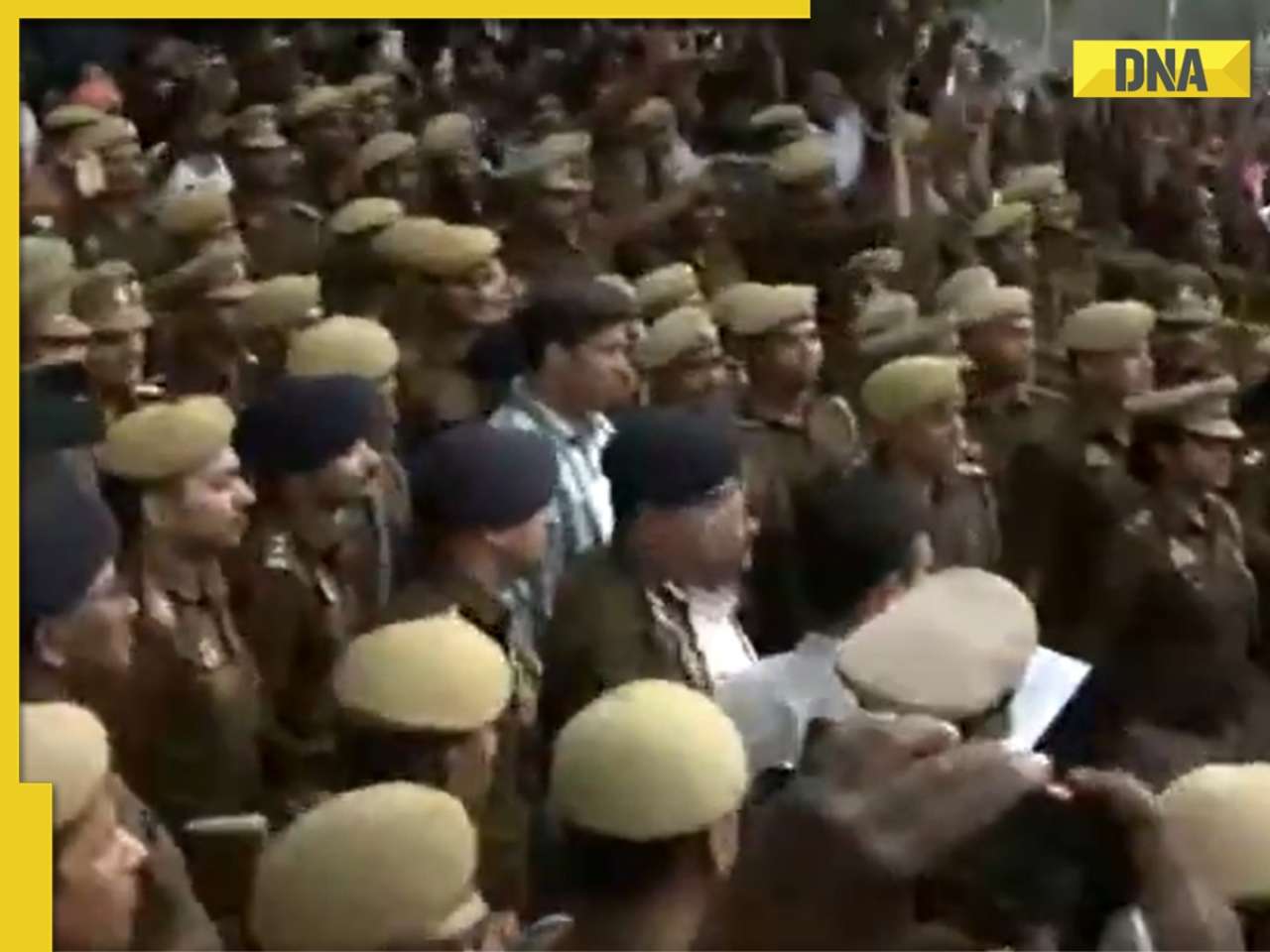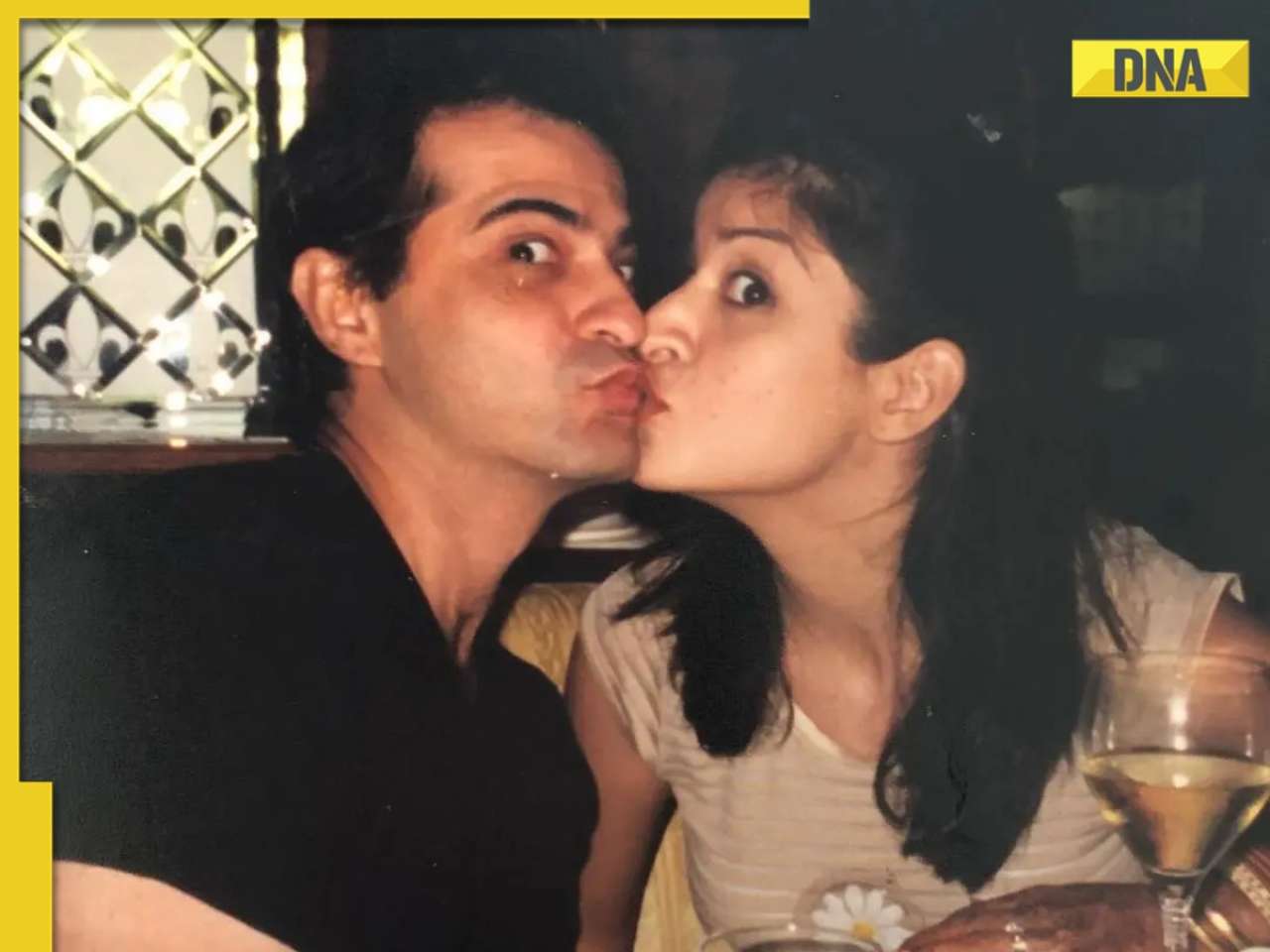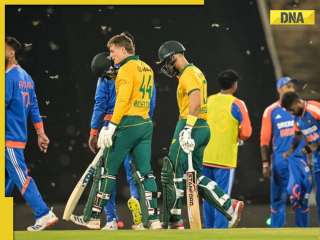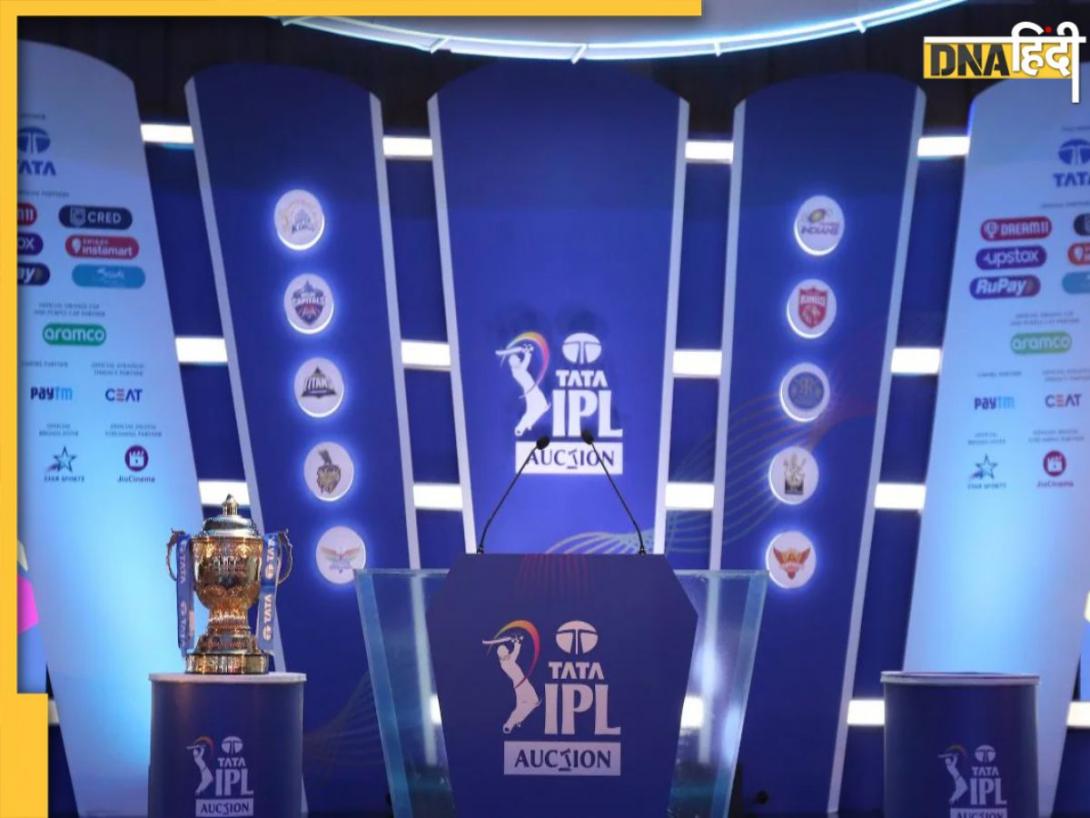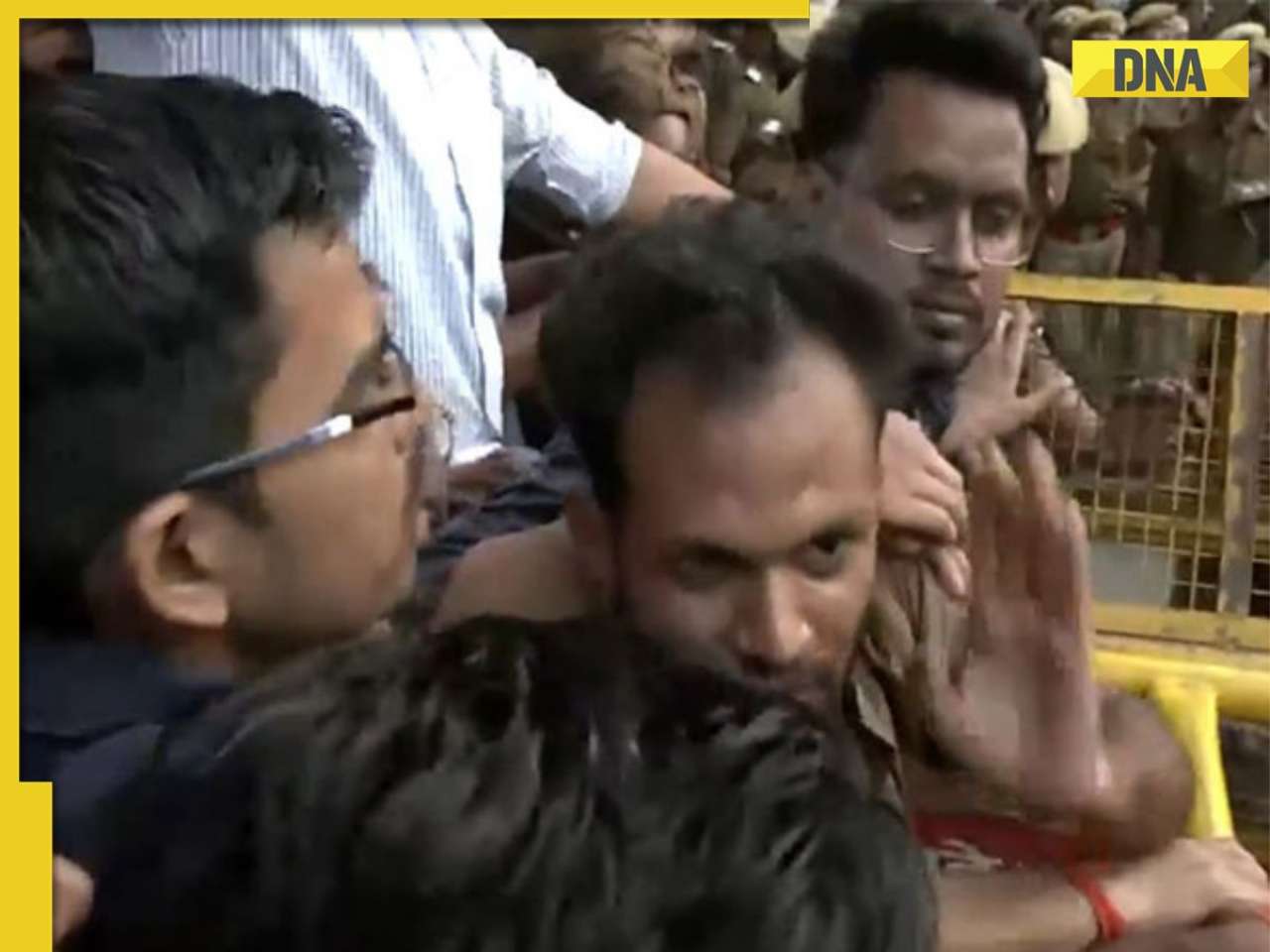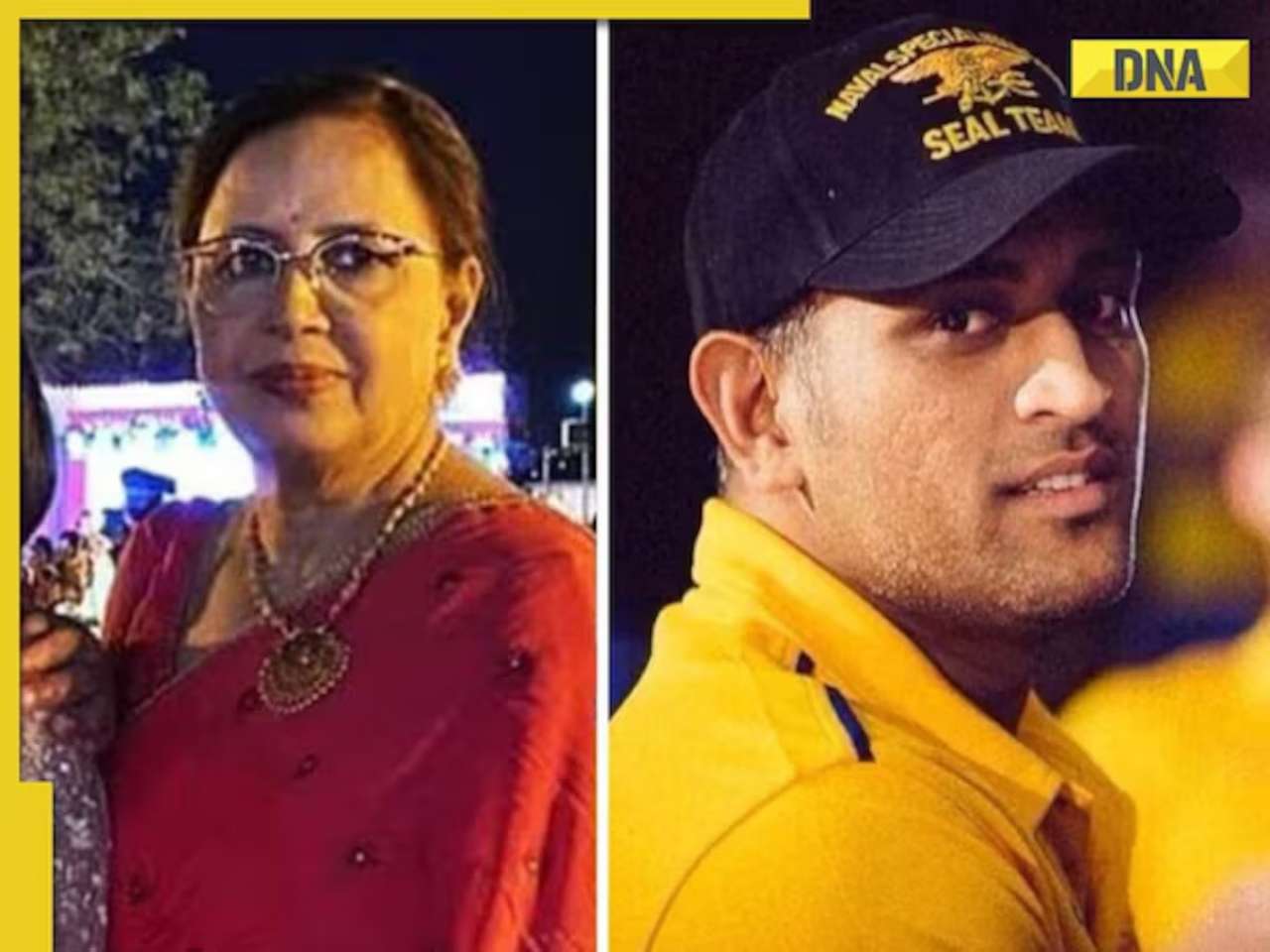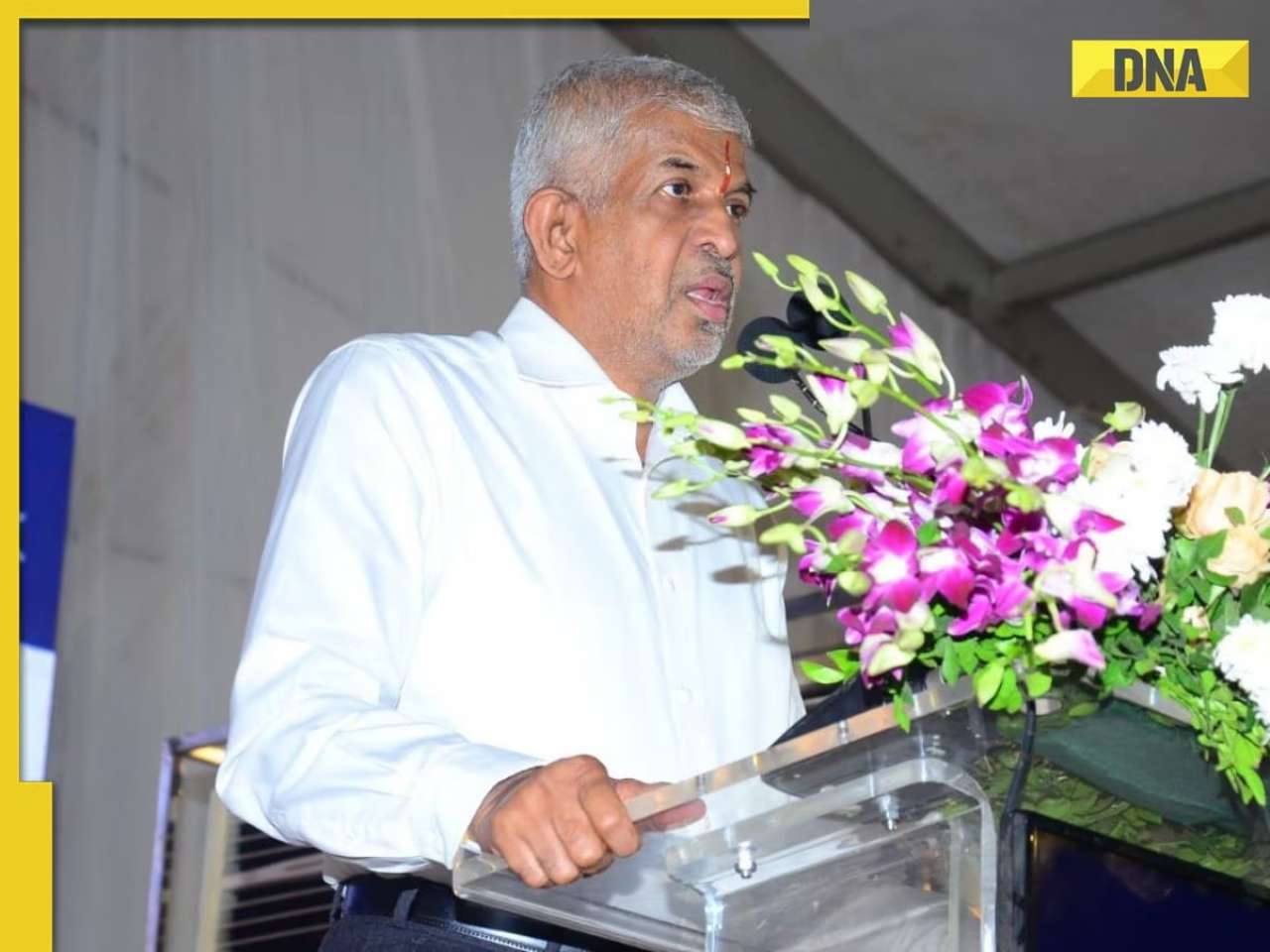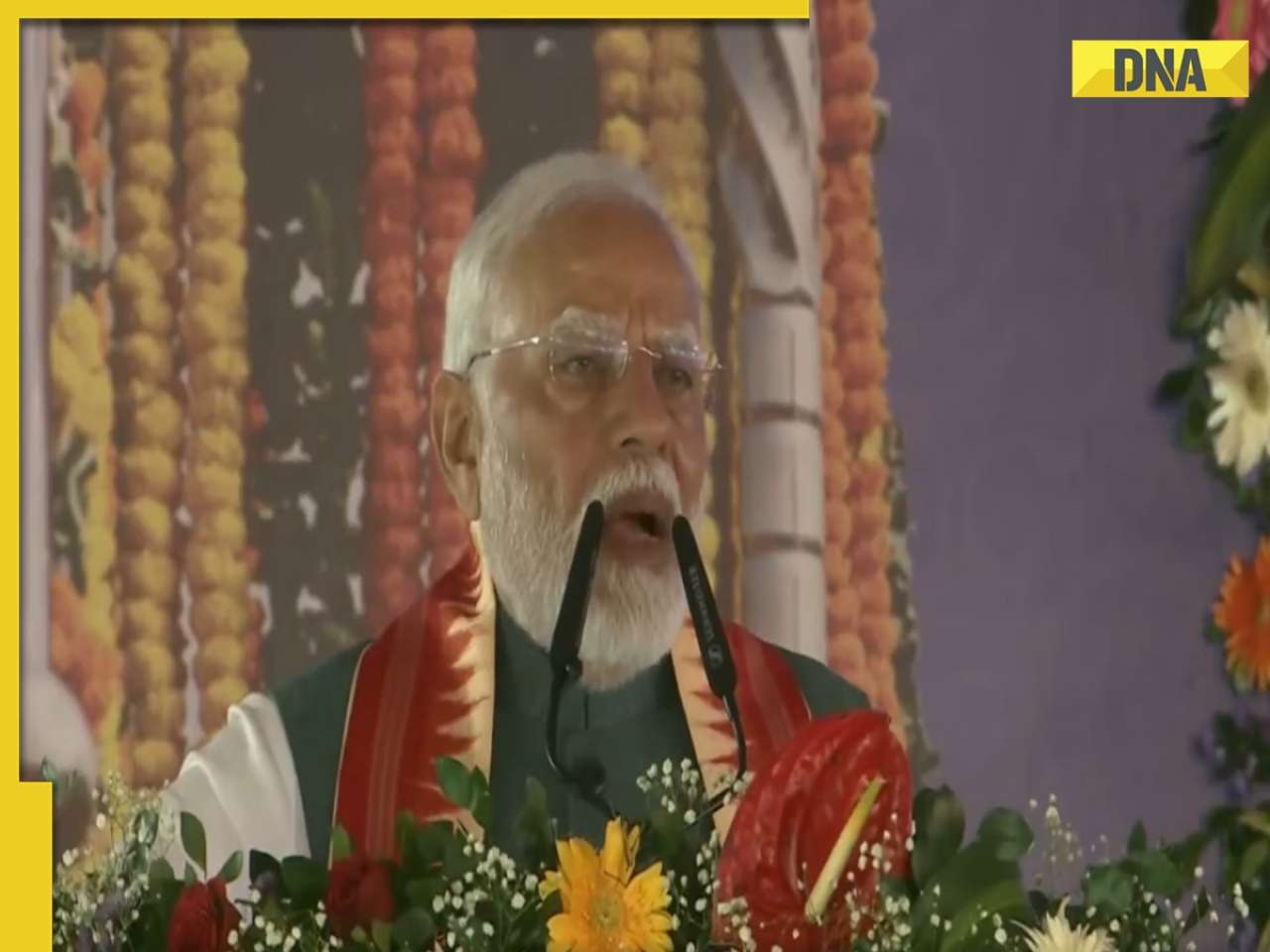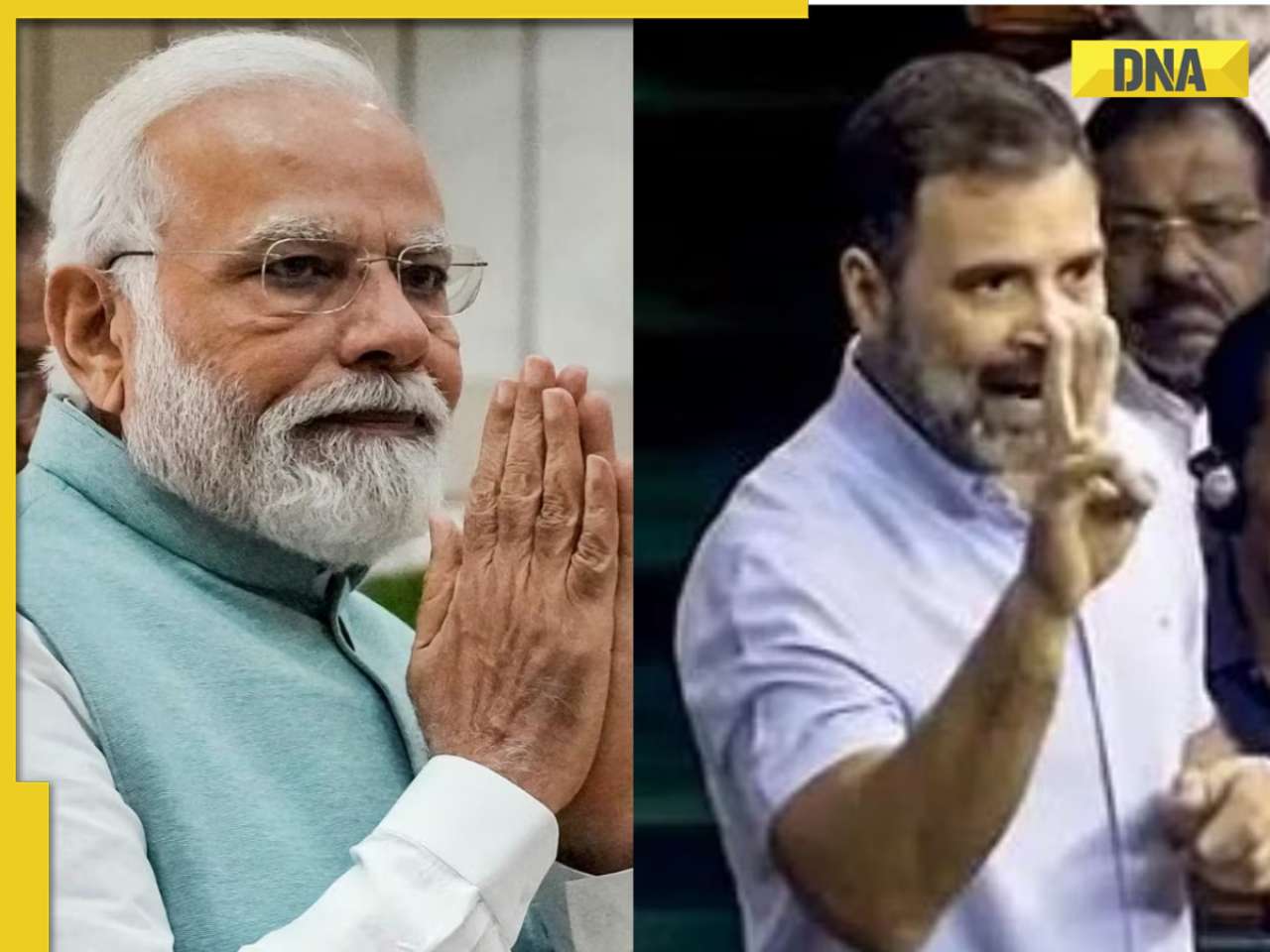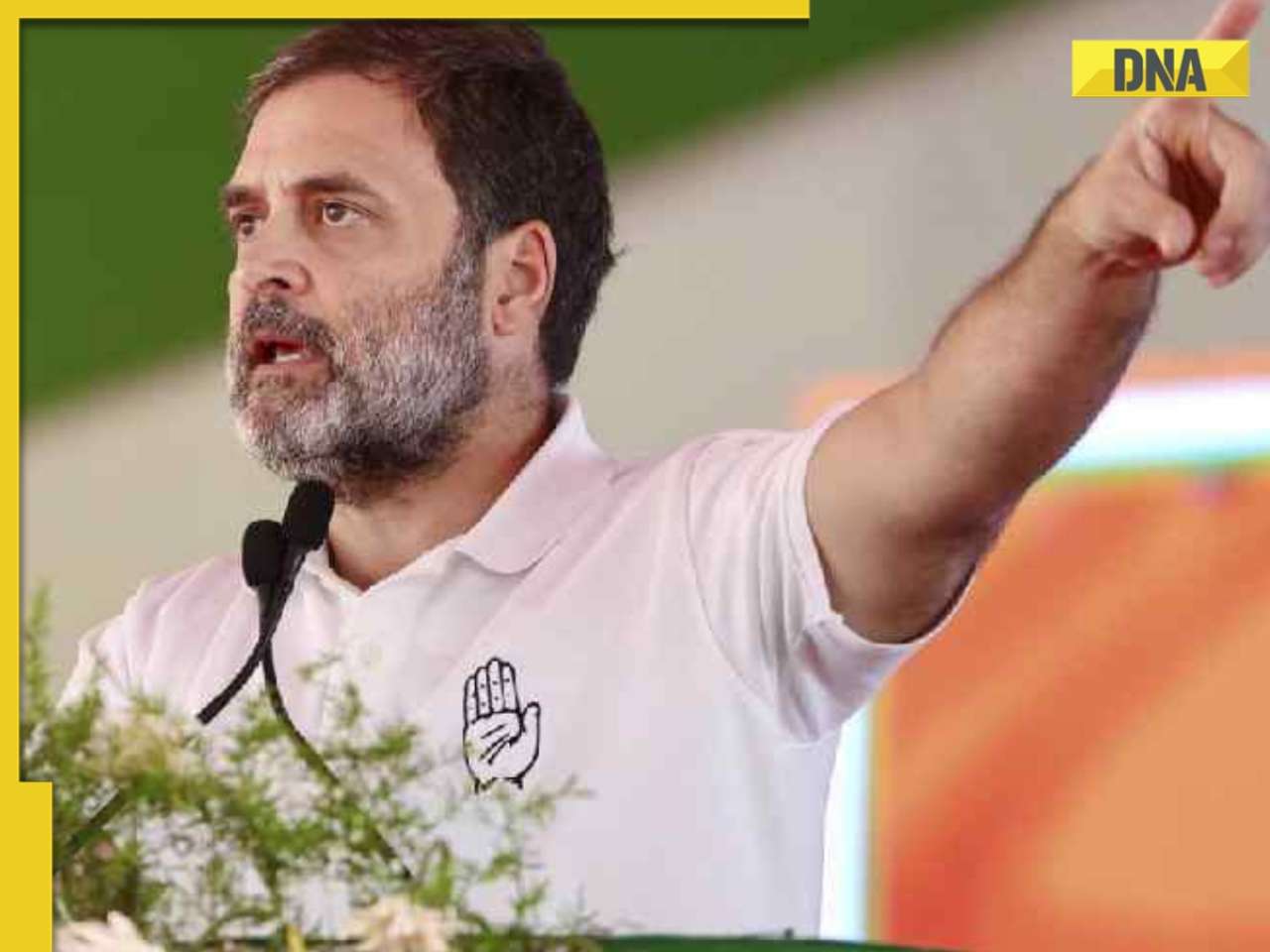- LATEST
- WEBSTORY
- TRENDING
SPORTS
Cricket World Cup: Is Australia over the hill?
A stunning fall from No 1 in Test rankings hasn’t followed in the one-day arena where Australia still reign supreme.
TRENDING NOW
Frustrated Ricky Ponting’s hit on an unsuspecting team television last week, graphically demonstrated that Australia’s thirst for World Cup supremacy remains undiminished.
Australia face a monumental task to win an unprecedented fourth successive World Cup, now complicated by mischievous, baseless India media reports implicating openers Shane Watson and Brad Haddin in spot-fixing.
Ponting has never lost a World Cup game as skipper in two campaigns across South Africa and the Caribbean. It is an astonishing record — powered by legends including Glenn McGrath, Adam Gilchrist, Matthew Hayden and his own brilliant deeds.
Australia’s golden greats are now gone, but not the self belief that underpins success in big tournaments. A stunning fall from No 1 in Test rankings hasn’t followed in the one-day arena where Australia still reign supreme. If Australia do find a way to conjure another remarkable defence on the subcontinent, it will be due to pure mental strength. It’s a commodity in short supply for rivals such as South Africa and India, who possess more depth and match-winners in every department.
Ponting no longer commands the awesome batting arsenal and versatile attack that has conquered all-comers over a 12-year period while injury has also weakened Australia’s 15-man squad. Australia’s critical middle-order linchpin — Michael Hussey — was cast adrift as selectors became spooked by the veteran’s severe hamstring tear.
Gambling on Ponting’s recovery from a broken finger, keeper Brad Haddin’s dodgy knee and 35-year-old Hussey’s rehabilitation was viewed as a bridge too far in a major tournament by Andrew Hilditch’s selection panel.
Australia were also forced to leave behind their premier one-day speedster of the past year, Ryan Harris, who succumbed to an ankle stress fracture during the Boxing Day Test. Moreover, Ponting’s best defensive one-day spinners Nathan Hauritz and Xavier Doherty did not travel to Asia through shoulder and back injuries. Instead, selectors shut their eyes and hoped for the best with aggressive Jason Krejza — a potential wicket-taker but also a liability when leaking runs. Off-spinner Krejza is second choice spinner for Tasmania, behind Doherty, who has excelled in the one-day arena at domestic level.
For Australia to win, Ponting must improvise and get the best out of his bowlers as former New Zealand skipper Stephen Fleming did with a pop-gun attack through the late 1990s and 2000s.
Rookie Steve Smith’s leg-spin, David Hussey’s part-time tweakers and Krejza will need a lot of tender loving care and savvy support from Ponting says former Test skipper Ian Chappell. “Ponting’s captaincy suffers from an early apprenticeship with two champion bowlers in Shane Warne and Glenn McGrath who only needed to be handed the ball,” said Chappell. “Now, he’s saddled with some bowlers who need a bit of tuition and encouragement. Ponting has learned to cope with the faster bowlers being profligate but to win the World Cup, he has to trust his spinners. When Michael Clarke recently took over the captaincy (against England), he empowered Steve Smith as a leg-spinner. Smith responded with some important middle-over wickets and he needs to be encouraged to perform the same role during the World Cup. Ponting also needs to convince off-spinner Jason Krezja he has faith in his ability to take wickets.”
Australia’s batting looked particularly vulnerable when opener Shane Watson didn’t go on and make a big score despite a 6-1 one-day triumph against a tired England line-up this summer. Clarke was all at sea during the Ashes and only came good during the later stages of the Commonwealth Bank series with two consecutive half-centuries in Brisbane and Sydney.
Vice-captain Clarke struck an undefeated 58 against Zimbabwe in Australia’s successful World Cup opener in Ahmedabad and followed with an unbeaten 24 against New Zealand at Nagpur. Australia need Clarke to continue his renaissance with the bat, having struggled against Indian spin duo of Piyush Chawla and Harbhajan Singh, and South Africa in the tournament’s warm-up games. Australia’s frailty against tweakers on turning subcontinent strips has been noted.
While Australia humbled minnow Zimbabwe by 91 runs, they were restricted to 262 primarily by young leg-spinner Graeme Cremer and veteran Ray Price’s darts in opening the bowling. Clarke is Australia’s best player of spin along with Hussey and will be needed to negotiate the expertise of Sri Lanka spin-twins — Ajantha Mendis and a retiring great, Muttiah Muralitharan, in Colombo on Saturday. Twenty20 captain Cameron White will need to prove he can bully quality spinners as well as the pacemen in the 50-over environment.
David Hussey will be expected to either perform mid-innings salvage operations or late-hitting offensives. It is a lot to expect from the younger Hussey sibling, who was overlooked for one-day duty between a clash against Scotland in Edinburgh in August 2009 and recalled for the series opener against England at home ground Melbourne in January.
Ultimately, main-man Ponting needs to fire for his side to retain the 50-over trophy. ‘Punter’, while still a class force, is no longer the peerless No 3 who crashed an unbeaten 140 in the 2003 decider against India in Johannesburg or averaged 67.3 four years later in the Caribbean.
Ponting is without a one-day ton since striking 106 against the West Indies in February 2009 at the Gabba. Exasperation at being run-out for 28 against Zimbabwe triggered Ponting’s assault on a dressing-room television while a cheap dismissal for 12 followed against the Black Caps.
If ‘Mr Cricket’ Hussey does overcome the effects of hamstring surgery and replace left-arm paceman Doug Bollinger in Australia’s squad, it will provide a massive shot in the arm for the champion. Still, Australia’s pace attack is likely to make or break its World Cup campaign.
Bollinger’s ankle injury does weaken Australia’s pace stocks having taken 50 wickets at 24 since debuting against Pakistan at Dubai in April, 2009. Bollinger’s injury is the same bone-on-bone ankle ailment that forced Brett Lee under the surgeon’s knife on five occasions and there was no chance of improvement during a marathon World Cup campaign.
Much was made of the inclusion of three strike bowlers — Lee, Shaun Tait and Mitchell Johnson — in the same side. If they all click, then opposition will be devastated by a 150kmph pace entente. Tait and Johnson, particularly, can give away quick runs if they are not taking wickets.
Crucially, Lee has become the ‘good news story’ of the summer according to former Australian skipper, now selector, Greg Chappell. Lee returned from an 18-month injury lay-off with a box of tricks that surprised everyone — starting with Andrew Strauss’ tourists taking 11 wickets at 24. Chappell rates Lee a better bowler than at any time in his career, still fast enough to scare elite batsmen but with brilliant control and enough variations to contain.
If the 34-year-old maintains his fitness and guile, then Australia can afford the luxury of ‘Wild Thing’ Tait and left-armer Johnson in the same team. If not, the attack will struggle with only inexperienced all-rounder John Hastings in reserve.
Tait is now behind Shane Warne (32) and Brad Hogg (34) and McGrath (71) on Australia’s all-time World Cup wicket-taking list with 28 from just 13 matches.
Legendary Indian World Cup winning all-rounder Kapil Dev finished with 28 victims but from double the matches — 26. The challenge for injury prone Tait is to stay on the park having just returned from a three-month hiatus due to elbow surgery. Allan Border medallist Watson is so important with the bat but equally integral to Australia with the ball.
Burly all-rounder Watson is Australia’s only stump-to-stump bowler and will be called upon to dry up runs from one end as Hauritz would have been expected to while the speedsters operate. The odds are stacked against another Australian triumph and Ponting’s third World Cup win as skipper. However, the ageing No 3 is employing a smart psychology to ease the pressure valve. “I am not sure if there are any favourites going into a tournament like this,” Ponting said. “We are not here to defend anything. We are here to win again.”
—Richard Earle is a cricket writer
for Adelaide-based Courier Mail

